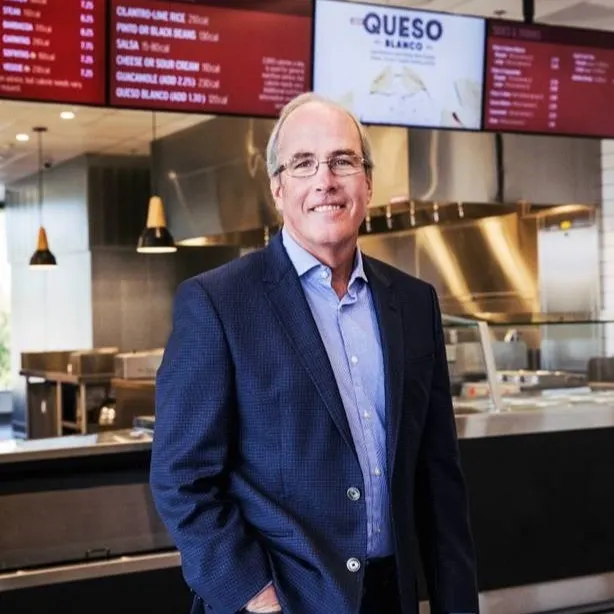The accountant shortage is a phenomenon that CFOs are trying to combat with work-life balance initiatives, salary transparency, and better technology. With fewer CPAs in the pipeline, there is not only less quality finance talent available but also fewer people who can develop into future corporate finance leaders.
The would-be CFOs of tomorrow are choosing other areas of work. For CFOs of companies ripe for growth, building out their finance teams can be a considerable challenge. Between the changes made in the process of being an accountant, the dynamic work demands the role calls for in today’s environment, and the impact technology has on recruiting and maintaining finance talent, finance leaders are navigating a labor shortage that hits close to home.
The Devaluation of the CPA
According to those who are hiring accountants and teaching them, the problem began with a major change to the process of earning a CPA.

“One of the worst things the American Institute of Certified Public Accountants (AICPA) did was change the CPA exam from a two-day to a one-year test,” said Dr. Tim Naddy, vice president of finance at the Savannah Bananas and a professor at Savannah College of Art and Design. “They forced the Big Four firms, who were once hiring master’s degree level accountants with a CPA license on day one, to hire bachelor’s degree level accountants who had a year or two to finish their exam.”
Although Naddy realizes that having a master’s degree in an entry-level accounting role doesn’t guarantee expertise, he said it allowed young CPAs to start a job with the knowledge they needed to succeed. “The person with the master’s and the person with the bachelor’s are now being viewed as the same person from a company’s perspective,” Naddy said.
“If you’re the face of a Big Four accounting firm to a client, they all think you’re a partner, they think you know tax law and all the rest of it. So with this move, they’ve watered down the applicant pool of future accountants,” he continued.
The problems initiated by credentialing change also created a talent retainment problem for Big Four firms. According to Naddy, it had a domino effect on the quality of talent those firms employ.
“After a year or two, the good ones leave after they get their [CPA] license for a job with one of their clients,” Naddy said. “That has resulted in salary compression, and the devaluation of the CPA as a whole. Why would someone pursue their CPA if even the large accounting firms hire you right out of school at a nice salary without it?”
The Hard Work Gets Harder
For companies that deal with many moving pieces, including thousands of invoices daily, quality accounting talent is necessary to keep the business running. For Jack Hartung, CFO of Chipotle, the work his accounting team does is not only essential to the business but is one of the many functions impacted by automation. According to him, the workload required to become an accountant may be too extensive for some.

“I will tell you accounting is hard, and it's always been hard,” said Hartung. “I remember when I went to school, the folks studying accounting often would say ‘I'm not making the grades, I can't do this,’ and they would go into another field in business.”
On top of the difficulty, Hartung says regulations have created unprecedented challenges for accountants.
“You have the Public Company Accounting Oversight Board (PCAOB), which makes it even tougher in terms of the auditing standards, and the Financial Accounting Standards Board (FASB), which makes things very complex,” said Hartung. Hartung said he doesn’t think these new regulations simplify or enlighten anything for the people reading financial reports. “It's become a tougher and more technical job.”
While the Chipotle brand has helped attract young finance professionals, Hartung realizes that down the road, the value of good accounting work will rise as the number of accountants in the labor pool continues to fall.
“We have top-notch accounting talent here at Chipotle, and we are fortunate to have the people we do,” he said. “Accountants are super important. And, just like anything else, when there’s a shortage, you will have to pay more for it. And in the case of quality accounting talent, it’ll be worth it.”
Talent Shortages Equal Job Security
“The labor shortage in finance and accounting has always been crazy,” said Kevin Bueso, CFO of the Regional Transportation Authority (RTA), which operates Chicago’s public transit system. “Though, for finance and accounting, even in the worst economic times you’ll never see high unemployment rates.”

Before his role at the RTA, Bueso was CFO of McHenry County, Illinois, and said job offers in finance and accounting were plentiful during the pandemic when other jobs were hard to come by. Even in 2008 when the housing market crashed and the stock markets tumbled, Bueso, who was finishing his MBA then, remembers having job security when few others did. “When everyone was losing their jobs, I kept seeing roles open in finance and accounting, which made me realize how resilient this field can be.”
“Someone has to account for losses,” Bueso said. “I don’t mean to be cynical, but someone has to account for company losses [and] layoffs, and unfortunately for some, this is where accounting and finance pays off. There are legal requirements to track things like that, so at the end of the day, someone will have to do it.”






















